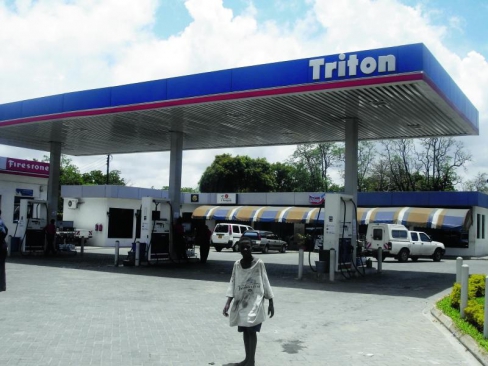×
The Standard e-Paper
Smart Minds Choose Us

The Court of Appeal has saved Kenya Pipeline Company from Sh3.6 billion legal debt after it overturned an award to a UK firm Glencore Energy Limited.
A three judge bench yesterday set aside the ruling by the High Court that would have seen the State corporation pay $40,330,379.75 to the energy firm over the Triton Petroleum Company oil scandal.